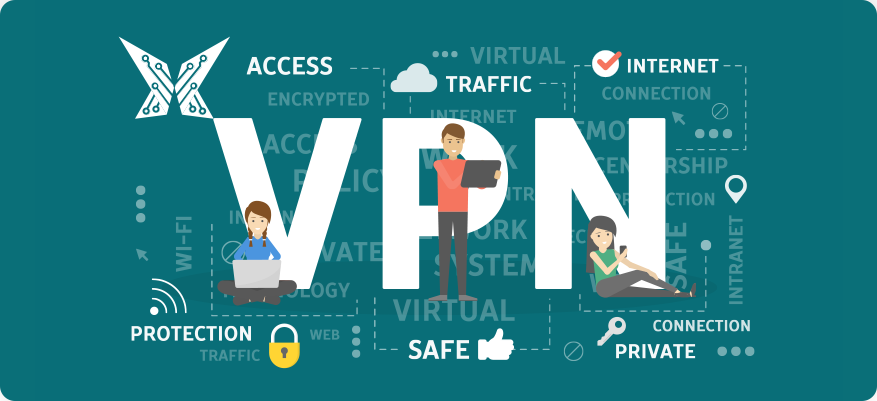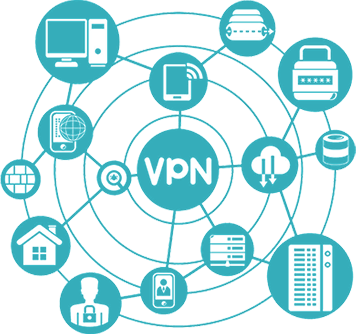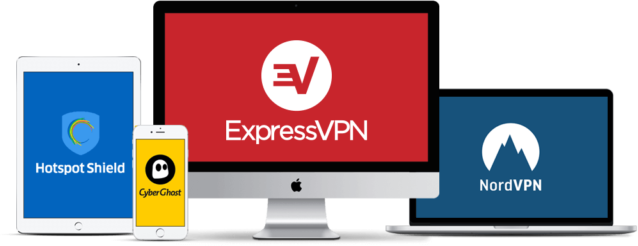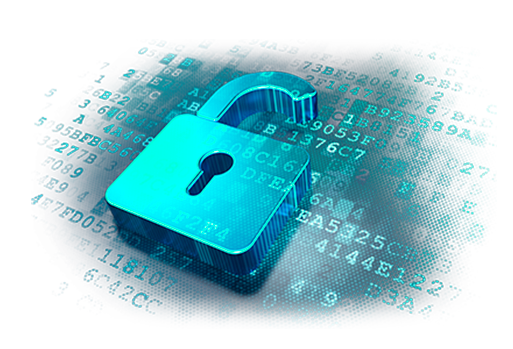
Camouflage & Bypassing Censorship
Bypassing blocks is only useful if no one knows you're doing it. To use an analogy there's little point smashing through a military checkpoint by force and without camouflage - you might get through but they know who you are, the fact that you're through and will likely change the way the checkpoint works or worse chase you!
Hiding you're using a VPN and getting past censorship and blocks are therefore part of the same problem. Even if your network is not censored your provider can slow down your VPN connection fairly easily if they identify it. Profiling what you browse and selling you products based on this profile is big business, and providers won't want you jeopardising that by using a VPN.
Most VPN's use a standard protocol, think of it like using a locked suitcase to transport valuables. Sure no-one knows what's inside but anyone can see you're transporting something you don't want anyone to know about. Hiding your data with a VPN is easy - any VPN provider can do it, but hiding the fact you're hiding your data - hiding you're using a VPN is much harder - until Larva...
Larva encrypts your data streams using industry standard encryption - that's the easy part. Where Larva is exceptional is that it masks your connections and makes them appear as normal traffic. From the outside your communication appears like you're just browsing a site, while the real data and sites you visit are encrypted inside this traffic.
Larva also NEVER sends any traffic to any site or domain, until it's encrypted and masked. That sounds obvious but you would be surprised how many VPN's start up and download a configuration, help page, updates or a server list from their company website before you even connect! Anyone watching has a fairly good idea you're using a VPN and even which one you're using by the glaringly obvious connection to their company website.
Worse, when you connect, these other providers need to send some unencrypted data to their servers to identify which user you are before they can decide if you're allowed to connect or not. While this doesn't compromise your password, it makes it obvious you're using a VPN.
Larva does not suffer from any of these problems - every single byte of data ever sent is encrypted - no exceptions, ever.
Larva also works across proxies, authenticated proxies, firewalls and most other restricted networks transparently - something other VPN's struggle to do, partly because they are easily identified and blocked.
Larva uses clean un-logged DNS servers that respond exceptionally fast and always with the correct, un modified and uncensored data. You also have the option of using DNS servers which block Ads, Adult content, Malware, or simply specify your own custom DNS server.






